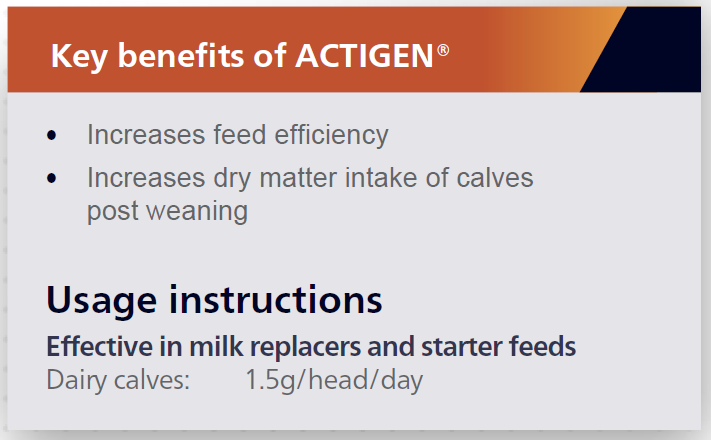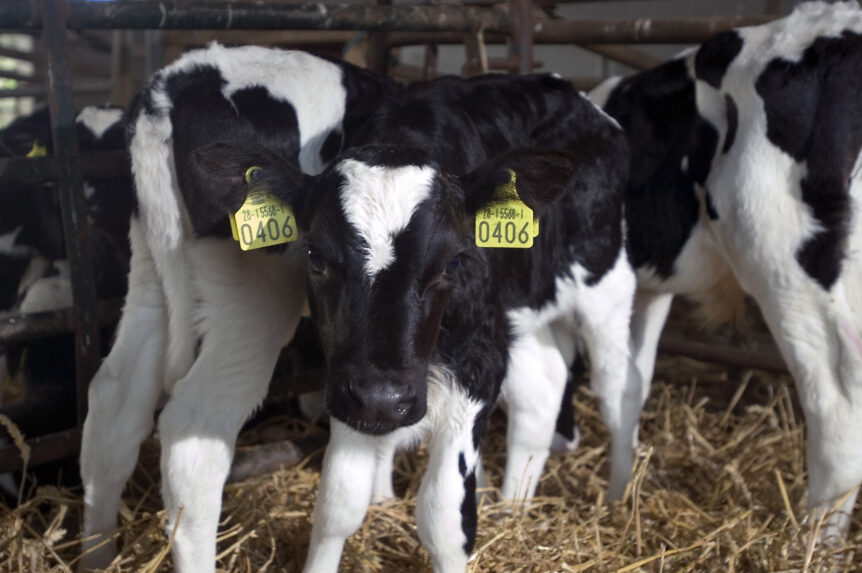Lower Salmonella, higher profits on the dairy farm
Both sub-clinical and clinical Salmonella infections can severely impact profit on a dairy farm. As a result, milk production losses, reduction in feed efficiency, foetal abortions and even death can occur, leading to long-term economic implications. The cost of treatment and increased labour associated with dealing with sick animals is very high. In addition, there is also the human health risk of Salmonella passing from the cow to people on the farm.
Symptoms of Salmonella Infection:
- Watery manure, with strong odour and often containing blood clots
- Reduced milk production
- Elevated temperature
- Elevated heart rate
- Dehydration (little urine)
Although Salmonella bacteria exist to some degree on most farms, disease problems typically occur only when environmental levels of the bacteria reach a threshold (such as manure build up in the paddock) or when the cow’s immunity is compromised by stress.
Salmonella is primarily spread through ingestion of manure, thus is easily spread throughout a herd. With that in mind, the following management practices are generally recommended to reduce Salmonella in the environment.
1. Identify, isolate and sanitise
Quick identification and isolation of infected animals, followed by good cleaning with disinfectants of areas that contained these animals, is advisable.
2. Reduce manure load
During summer many farmers tend to feed their stock on small feed pads or in a reduced number of paddocks. This can lead to increased levels of manure, which is a breeding ground of Salmonella. Reducing manure loads in these paddocks is critical to reducing the risk of Salmonella infection outbreaks.
3. Reduce stress
Salmonella outbreaks often occur in dairy cows when they are subjected to stress, such as during:
- Calving
- Inconsistent diet
- Deprivation of water or feed
- Transportation
- Crowding
4. Establish good gut health in calves
Establishing gut health and development in calves is essential for building a foundation of performance and profitability in the herd to come. Healthy animals will eat and produce more efficiently, ensuring they are performing at their maximum potential.
The Alltech Gut Health Management program focuses on supporting animal performance by promoting good bacteria, building defenses and maximising growth and efficiency.
One component of the Alltech Gut Health Management program is a product called ACTIGEN®. ACTIGEN is a unique product derived from a select strain of Saccharomyces cerevisiae yeast using a proprietary process developed by Alltech. When incorporated into the calf’s diet, ACTIGEN supports gut integrity and overall performance and is key to building a foundation for performance and profitability in dairy production.

For more information, contact your local Alltech Lienert representative or call 1800 649 231.

